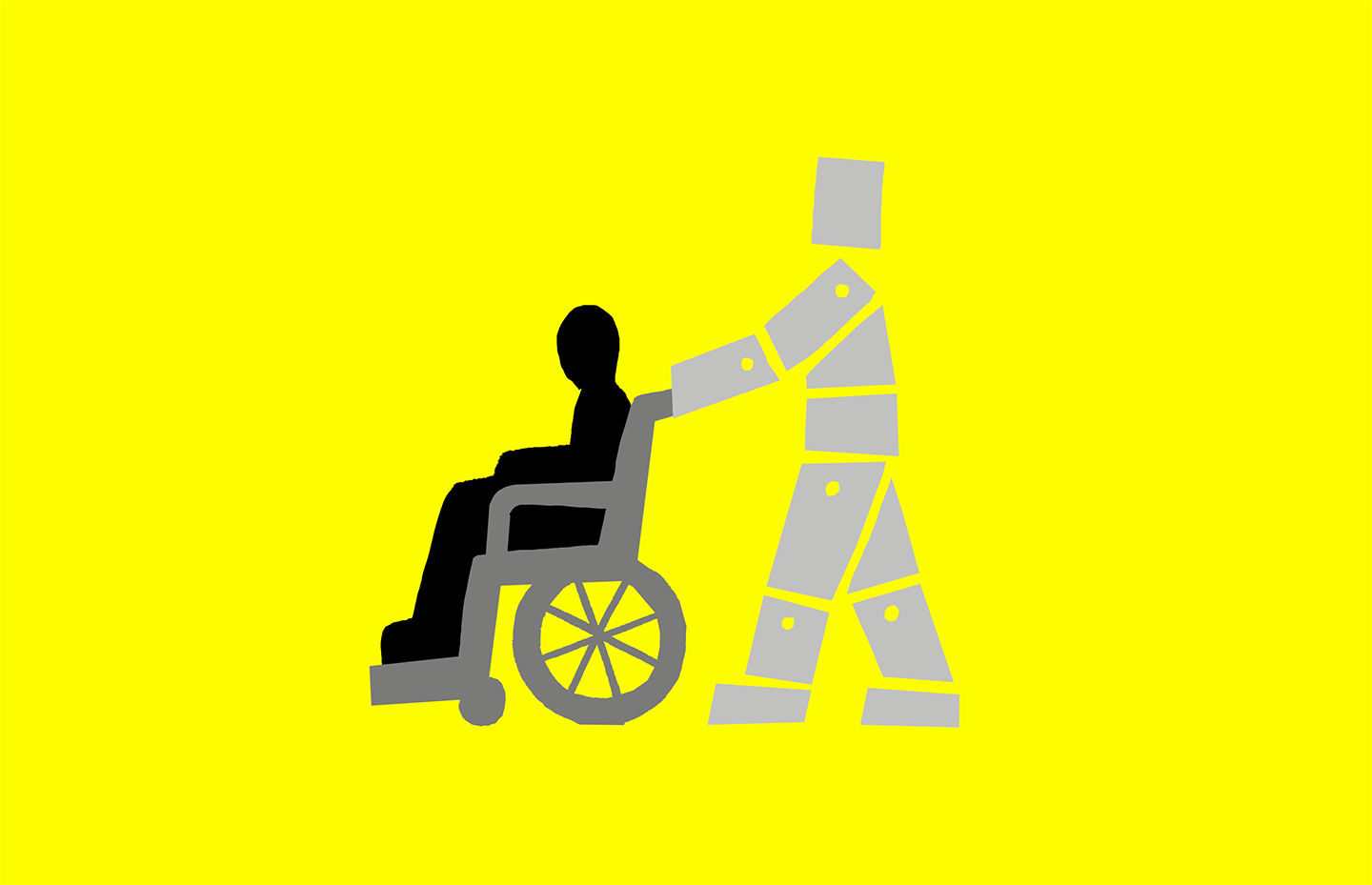Mounting evidence shows a paradoxical link between the pursuit of joy and depression.
What is more fundamental to American life than the pursuit of happiness?
The British moralist John Locke, whose writings deeply influenced the founding fathers, considered it the foundation of personal liberty. Thomas Jefferson judged the pursuit of happiness to be the bedrock of the American Constitution—as important as freedom and life itself. Even the ancient Greek philosophers Aristotle and Epicurus thought attaining happiness was a measure of a well-lived life.
But several recent scientific studies indicate that the fundamental value of personal happiness in modern society may be somewhat overrated—sometimes even ill-advised. Of course, there’s nothing wrong with happiness per se, but striving for your own personal nirvana may damage your mental health and your connection to others around you. And valuing it as much as we do in modern American society may have unexpected adverse consequences—especially since happiness in Western culture is closely tied to personal gain.
This counterintuitive hypothesis is supported by public health data that show a skyrocketing increase in cases of depression and related mental health conditions in America. For example, according to a March 2023 Gallup survey, over 80 percent of the respondents were dissatisfied with how things are going in the United States. And this is not an isolated data point. The University of Chicago’s NORC think tank produced a COVID Response Tracking Study in 2020 that showed an all-time low in people saying they are very happy. And the Institute for Family Studies published a report in 2022 showing that the percentage of unhappy people in the United States has been hovering around 80 percent since 2019.
Among the first researchers to question happiness and explore its unexpected connection to depression is Iris Mauss, now at the University of California Berkeley. In 2011 she and her colleagues published a paper aptly named “The Pursuit of Happiness Can Be Lonely“ in the (also aptly named) journal Emotion.
The more people report valuing happiness, the more likely they are to feel lonely.
The researchers had 206 people aged 20–60 examine the relationship between valuing happiness and their daily feelings of loneliness, asking them to what degree they agreed with statements like “I value things in life only to the extent that they influence my happiness” and “I am concerned about my happiness even when I feel happy.” It found that the more people report valuing happiness, the more likely they are to feel lonely.
A second test examined the impact of forcing people to value happiness by showing them articles and films exalting themes of affiliation and intimacy. Those impacts were evaluated both through self-reporting and quantitatively by measuring levels of progesterone and cortisol stress hormones in their saliva. This test showed that inducing people to value happiness leads to relatively greater loneliness.
“Wanting to be happy can make people lonely,” the researchers wrote.

A worldwide phenomenon
The United States isn’t the only country taking a turn toward sorrow. Although the World Index 2023 finds that during the pandemic, the world experienced a global surge of acts of benevolence, the overall sense of happiness among people around the world has taken a beating since 2019, mainly due to the pandemic, reversing a global trend toward the growth of happiness that had begun in 2007.
In the United Kingdom, for instance, two studies conducted at the University of Reading involving 503 undergraduates from the United Kingdom and other countries were meant to verify if the findings connecting excessive valuation of happiness to increased sadness and depression could also be observed in the British population. They revealed that not only does the association hold true, but excessively valuing happiness was positively associated with respondents’ decreased attentional control and their ability to concentrate. It was also linked to a reduced ability to control one’s emotional state, which could explain why those subjects experienced a higher degree of sadness and depression.
Furthermore, the studies showed that cross-cultural variations play a statistically significant role in the expression of the condition, as it weighed more among British students than international students and students from low-income countries.
“This could be explained by the fact that the non-U.K. citizens and dual nationals in our study mainly originate from non-Western countries, particularly Eastern cultures,” says the study’s co-author Bahram Mahmoodi Khazir. “Happiness there is frequently associated with inner peace and contentment rather than excitement or elation.”
Even so, Eastern societies aren’t immune to the phenomenon.
Two studies in Japan published in the journal Current Psychology in 2022, each involving more than 300 undergraduate students from Tokai Gakuin University and Hiroshima University, reported that excessively valuing happiness was (both at a single moment in time and in a longitudinal study) associated with increased rumination, which is considered a good predictor of depressive disorders. Furthermore, valuing happiness did not foster the student’s ability to pursue it. Instead, it made them more likely to dwell excessively on negative feelings of distress and the roots of those feelings.
In Mediterranean countries, it is very much the same. For example, a 2022 study from Zaragoza University in Spain that involved 168 women looked at the connection between psychological inflexibility and how much it impacts people’s happiness. It found that these two factors had a mutually reinforcing relation: The more inflexible a person was, the higher the value placed on attaining happiness and fulfilling emotions. And the more people sought happiness, the greater their inflexibility.
Psychological inflexibility is a clinical condition characterized by the subject adopting perilous strategies to avoid confronting their dissatisfaction, including engaging in hedonic pleasure-substance abuse, contributing to the recent rise in the number of drug overdoses and risky sexual behaviors.
On a broader scale, a 40-country cross-sectional study that involved 7,443 people published in the journal Scientific Reports in 2022 observed that societal pressure to be happy is linked to poor wellbeing, especially in happy nations, such as those of northern Europe, like the Netherlands and Scotland, where societal pressure to be happy is high.
“Individuals who value happiness may experience difficulties regulating positive emotions, and then these emotions can become intrusive and overwhelming.”
Why?
“We have identified three key factors that underlie this relationship,” Khazir says. “Impaired emotional attention control, reduced ability to savor positive experiences, and increased intrusiveness of positive emotions,” he says.
“Individuals who value happiness may experience difficulties regulating positive emotions, and then these emotions can become intrusive and overwhelming [and] therefore, they may end up experiencing symptoms of depression.”
Christopher Boyce, a researcher at the University of Stirling in England who has studied happiness for the past 15 years, agrees. Chasing happiness all the time is not sustainable, Boyce says. “It becomes an addiction.”
“Rather than being in a present state of mind, we seek a result, and even if that goal doesn’t bring us happiness, we get all wrapped up in the idea that happiness depends on achieving that goal,” he says.
So, what can one do to prevent the pursuit of joy from ending in desperation?
The search for truth and beauty
The Greek’s understanding of liberty, the second bedrock belief of life in America, may provide comparative teaching. The Greeks personified liberty as both parrhesia and isegoria—the first being merely the wanton pursuit of liberty and the second making a life-altering commitment. For the Greeks also, happiness can have a dual nature. It can be both hedonistic and eudaemonic. The former indicates the mere pursuit of enjoyment. The latter—a term coined by Aristotle to describe a well-lived life governed by reason—describes something less fleeting than instant gratification. It is more associated with sustained psychological well-being and concerned with cultivating virtues such as truth and beauty.
“There’s happiness, and then there’s happiness,” explains Boyce. “There’s the hedonistic pursuit of happiness and the commitment to nurturing meaningful personal and social connections,” he says. “The first, when unsatisfied, leads to sadness and depression. The second spurs the person to action and recommitting to achieving his/her life goals.”
In support of Boyce, a study published in Perspectives on Psychological Science by Julianne Holt-Lunstad and colleagues at Brigham Young University found that the lack of social connection is as damaging to a person’s health as smoking 15 cigarettes a day. Concerned by this finding, the U.S. Surgeon General has recently issued an advisory warning and 81-page report on the health impact of loneliness.

A recipe for happiness
Boyce is passionate about understanding the dynamics surrounding the fulfillment of this emotion. So, some time ago, he quit everything to embark on an 18-month-long bike ride to Bhutan, a nation that some call “happiness-central” since it has put its gross happiness index, rather than economics, as the primary measurable outcome at the center of the country’s development programs. One result of his journey was the publishing of his book, A Journey For Happiness: The Man Who Cycled to Bhutan.
“The happiness I discovered in Bhutan is deeper and grounded in connection, purpose, and hope,” continues Boyce. “It doesn’t exclude sadness and anxiety and also crying. I was often on the edge of giving up on getting to Bhutan, and yet, allowing those feelings to express themselves, I could get onto the saddle again.”
It’s that kind of happiness, he says, that inspires contentment. And he thinks more people should try it.
Boyce’s recipe for happiness? Stay connected, go deep, be ready to let go of negative emotions, forgo regrets, plan ahead, allow others to express themselves, do not be misled by the dominant narrative, seek out nature, and know that any crisis will eventually pass. They all do. Then, you’ll be firmly on the road to happiness—or at least, to finding contentment.












